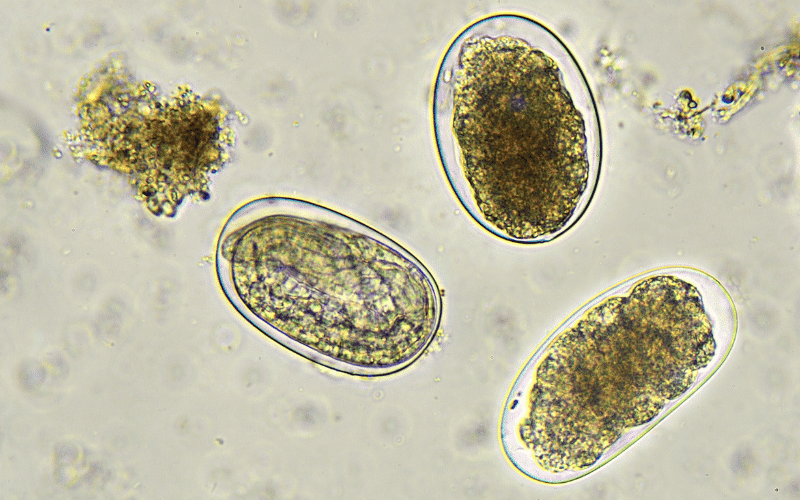Cause 7: Parasitic Infections

Parasitic infections, particularly those caused by hookworms, can lead to iron deficiency. These parasites attach to the lining of the intestines and feed on blood, resulting in blood loss and subsequent iron loss. Hookworm infections are more common in developing countries with poor sanitation and are a significant cause of iron deficiency in these regions.
Treatment for hookworm infections involves anti-parasitic medications, which can effectively eliminate the parasites and help to restore iron levels. Preventive measures, such as wearing shoes outdoors and practicing good hygiene, can reduce the risk of infection.
Aside from hookworms, other parasitic infections that can contribute to iron deficiency include malaria, schistosomiasis, and giardiasis. These infections can cause varying degrees of blood loss or disrupt the body’s ability to absorb and utilize iron.
Malaria, for instance, destroys red blood cells, leading to anemia and potential iron deficiency. Preventing malaria involves taking prophylactic medications, using insect repellent, and sleeping under insecticide-treated bed nets in regions where the disease is prevalent.
Schistosomiasis, another parasitic infection, can cause blood loss through the urinary or intestinal tract. This infection is commonly found in tropical and subtropical regions, and prevention measures include avoiding contact with contaminated water sources and proper sanitation.
Giardiasis, a parasitic infection affecting the small intestine, can impair the absorption of nutrients, including iron. Prevention involves practicing good hygiene, purifying drinking water, and proper food handling.
It’s crucial to seek medical attention if you suspect a parasitic infection, as early diagnosis and treatment can help to prevent iron deficiency and other complications. (7)